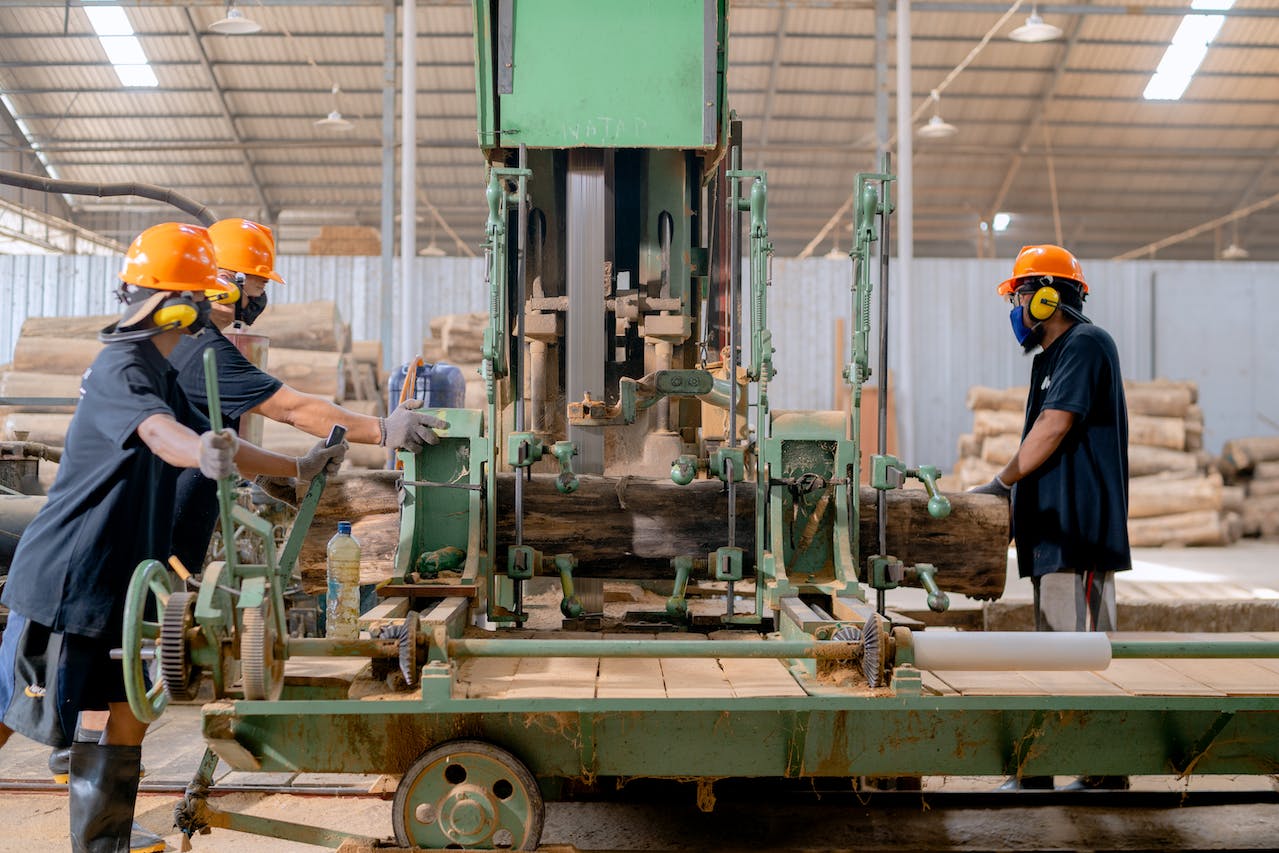TePORT: Factory Employment Faces Another Decline: US manufacturing experienced a downturn in November, marked by a decline in factory employment, as hiring slowed and layoffs increased. This signals a loss of momentum in the economy after robust growth in the previous quarter. The Institute for Supply Management (ISM) released a survey on Friday, highlighting these concerning trends.
The ISM’s manufacturing Purchasing Managers’ Index (PMI) remained unchanged at 46.7 last month, marking the 13th consecutive month below 50, indicating contraction in the manufacturing sector. This prolonged period of contraction is the longest since the early 2000s. The survey also revealed that a rebound is unlikely in the near future, as manufacturers reported bloated customer inventories.
Economists, who anticipated a slight increase to 47.6, were surprised by the stagnant PMI. A PMI reading below 48.7 over an extended period generally suggests an overall economic contraction. Despite this, the economy continues to expand, having grown at a 5.2% annualized rate in the third quarter.
Some economists attribute the prolonged impact of the United Auto Workers strike, which concluded in late October, to the PMI’s performance. Manufacturers of fabricated metal products reported lingering effects, stating that “automotive sales (are) still impacted by (the) UAW strike” and noted they were “still waiting for orders to come in.”
While three industries, including food, beverage, and tobacco, reported growth, 14 industries, such as paper products and electrical equipment, experienced contraction. Comments from manufacturers were generally downbeat, citing the necessity to reduce inventory levels and noting delayed customer orders.
The ISM survey’s forward-looking new orders sub-index rose slightly to 48.3 from 45.5 in October, but production at factories declined, and backlog orders continued to shrink. The measure of factory inventories remained low, while the gauge of stocks at customers increased to the upper end of what the ISM described as “just right.”
Leading indicators in the report, particularly new orders and customer inventory levels, do not point to an immediate upturn in activity, according to Conrad DeQuadros, a senior economic advisor at Brean Capital. However, the report does not indicate pervasive weakness in manufacturing typically associated with a recession.
Prices for factory inputs, although subdued, saw a slight increase, with the survey’s measure of prices paid by manufacturers reaching 49.9, the highest reading in seven months. The annual increase in inflation was reported as the smallest in over 2-1/2 years, contributing to optimism that the Federal Reserve is likely done raising rates, with markets even anticipating a rate cut in mid-2024.
The ISM survey’s measure of supplier deliveries fell to 46.2 from 47.7 in the prior month, indicating faster deliveries. For the second consecutive month, there was a decline in factory employment, underscoring a trend of diminished hiring and heightened layoffs. Timothy Fiore, chair of the ISM Manufacturing Business Survey Committee, noted that “attrition, freezes, and layoffs to reduce head counts increased during the period.”
While this survey’s gauge of factory employment is not always a reliable predictor of manufacturing payrolls, overall nonfarm payrolls are expected to have increased by 170,000 jobs in November. The government is scheduled to release the employment report next Friday.
TePORT: Factory Employment Faces Another Decline
Source: Reuters



